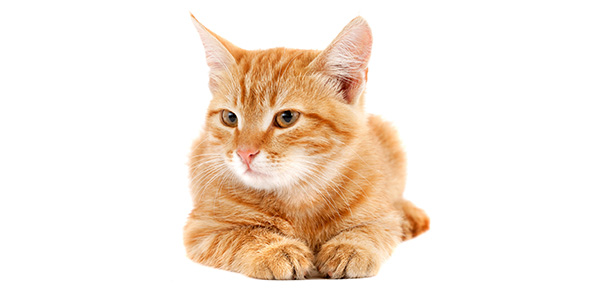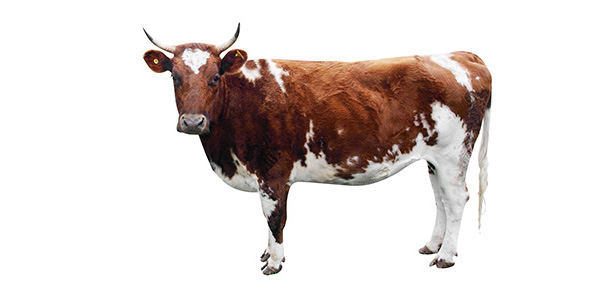Related Flashcards
Cards In This Set
| Front | Back |
 Making Milk |
All female mammals have mammary glands. Mammary glands are structures that make milk. However, only mature females produce milk in there mammary glands.
|
 Breathing air |
All animals need oxygen to get energy from their food. Mammals use lungs to get oxygen from the air. But mammals, have a muscle that helps the get air, called diaphram. The diaphram lies at the bottom of tge rib cage.
|
 Endothermic |
As oxygen helps to break down a mammal´s food, energy is released. Ths energy keeps mammals warm. Their internal chemical changes keep their body temperature constant. The ability to stay warm helps them survive in cold areas and stay active when the weather is cool.
|
 Hair |
One way mammals stay warm us by having hair. Mammals are the only animals that have fur. Mammals that live in cold climates, usually have thicks coats of hair. These thick coats are called fur. Animals who live in warm climates do not need warm hair. Human body hair is shorter and more fine than ape hair.
|
 Specialized teeth |
Mammal have teeth with different shapes and sizes for different jobs. They have cutting teeth called incisors. Next to them, they have stabbing teeth called canines. The flat grinding back teeth are molars.
|
 Sexual Reproduction |
All mammals reproduce sexually. Sperm fetilize eggs inside the female´s body. Though there are a few exceptions, most mammals give birth to young. Newborn mammals stay with at least one parent until they are grown. Mammals parents care for and protect their young during his time.
|
 Large Brain |
A mammal´s brain is much larger than that of most other animals that are the same size. This large brain allows mammls to learn and thick quickly. It also allows mammals to respong quickly to events around them. Mammails use vision, hearing, smell, touch, and taste to find out about the world around them. The importance of each sense often depends on a mammal´s surroundings.
|





